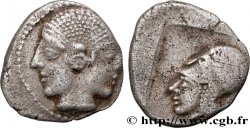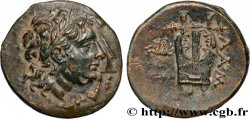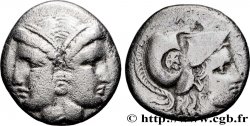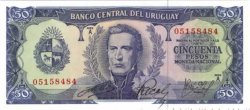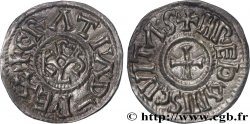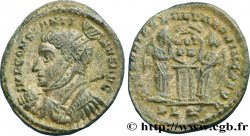Live auction - bgr_701767 - MYSIA – LAMPSAKOS / LAMPSACUS Hecté
You must signin and be an approved bidder to bid, LOGIN TO BID. Accounts are subject to approval and the approval process takes place within 48 hours. Do not wait until the day a sale closes to register. Clicking on "BID" constitutes acceptance of the terms of use of cgb.fr private live auctions.
Bids must be placed in whole Euro amounts only. The sale will start closing at the time stated on the item description; any bids received at the site after the closing time will not be executed. Transmission times may vary and bids could be rejected if you wait until the last second. For further information check the Live auction FAQ
All winning bids are subject to a 18% buyer’s fee.
All winning bids are subject to a 18% buyer’s fee.
| Estimate : | 580 € |
| Price : | 300 € |
| Maximum bid : | 300 € |
| End of the sale : | 26 October 2021 14:27:48 |
| bidders : | 1 bidder |
Type : Hecté
Date: c. 500-450 AC.
Mint name / Town : Lampsaque (?)
Metal : electrum
Diameter : 10 mm
Weight : 2,11 g.
Rarity : R2
Coments on the condition:
Monnaie sur un flan court, centré. Joli protomé, légèrement hors champ. Patine de collection
Catalogue references :
Obverse
Obverse legend : ANÉPIGRAPHE.
Obverse description : Protomé de Pégase à droite.
Reverse
Reverse description : Carré creux quadripartite.
Commentary
C’est la première fois que nous présentons ce type à la vente !.
This is the first time we present this type for sale!
This is the first time we present this type for sale!







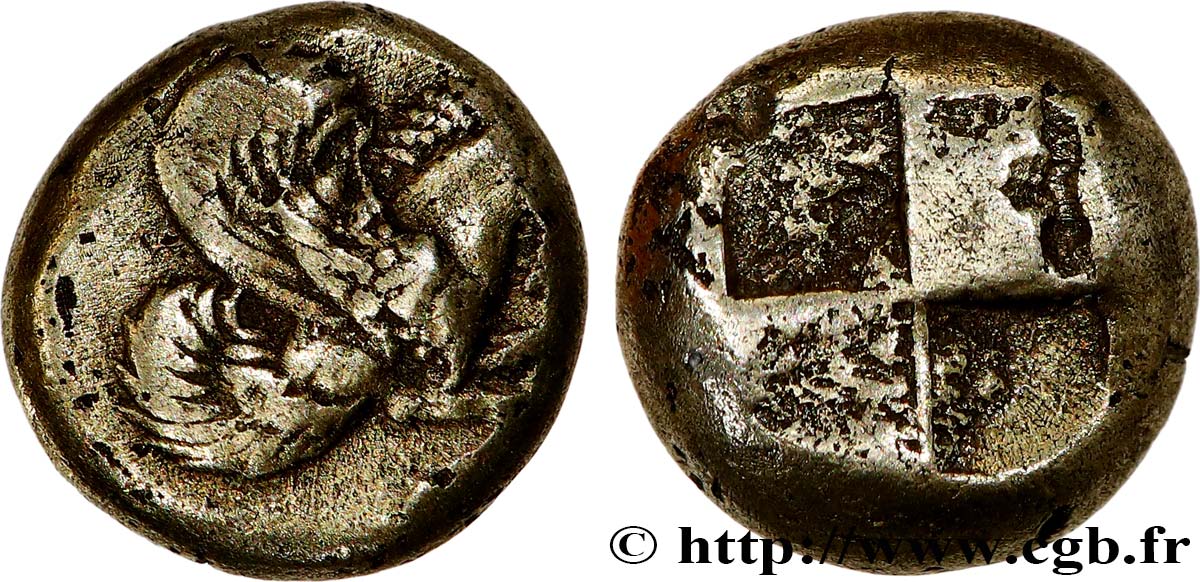
 Report a mistake
Report a mistake Print the page
Print the page Share my selection
Share my selection Ask a question
Ask a question Consign / sell
Consign / sell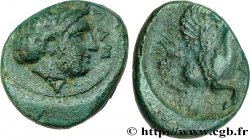
 Full data
Full data